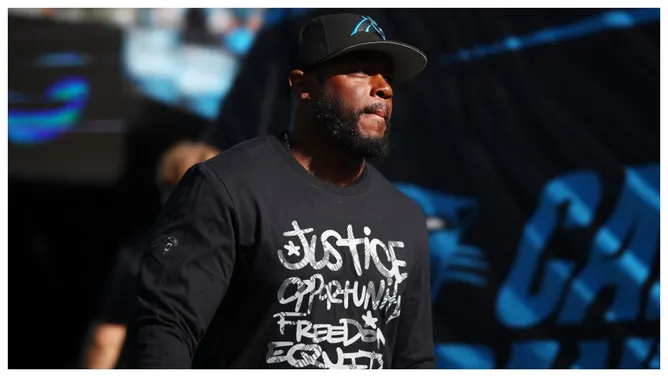
In what seems like a never-ending saga of divisive commentary, USA Today’s Mike Freeman, renowned for his contentious takes on race-related issues, has once again stirred the pot. This time, Freeman has taken aim at the NFL’s coaching diversity, specifically focusing on the absence of “non-white” offensive coordinators for the upcoming season.
Despite a hiring cycle that saw the appointment of three black head coaches, Freeman remains unsatisfied, shifting the spotlight to the composition of offensive coaching staffs. Citing research conducted by USA TODAY Sports, Freeman highlights this as the first time since the implementation of the Rooney Rule in 2003 that the NFL will commence a season without a single non-white offensive coordinator.
Freeman’s critique paints a picture of the NFL’s progress as a series of steps forward followed by setbacks, with racial diversity in coaching positions being a recurring point of contention. However, amidst his fervent narrative, there are notable discrepancies in his analysis.
Firstly, Freeman’s assertion overlooks the recent appointments of minority head coaches, including Jerod Mayo, Antonio Pierce, Raheem Morris, and Dave Canales. Additionally, Freeman’s scrutiny fails to acknowledge the diversity among defensive coordinators, with a significant portion being non-white, particularly Black.
Furthermore, Freeman’s comparison of the mobility of white and Black offensive coordinators oversimplifies a complex issue. While he highlights the perceived ease with which white coordinators transition between teams, he downplays the career trajectories of Black coordinators, attributing their limited opportunities to systemic biases within the league.
However, a closer examination reveals that the career paths of individual coaches, regardless of race, are shaped by various factors beyond racial discrimination. Performance, team dynamics, and organizational preferences all play significant roles in coaching appointments.
In light of these nuances, Freeman’s narrative appears one-dimensional, overlooking the complexities of the coaching landscape. While advocating for diversity and inclusivity is commendable, it’s essential to approach the issue with a balanced and informed perspective.
As the NFL continues its efforts to promote diversity and equity, it’s crucial to address systemic barriers while also recognizing the progress that has been made. By fostering an environment of inclusivity and equal opportunity, the league can strive towards a more representative coaching landscape reflective of its diverse fan base.

